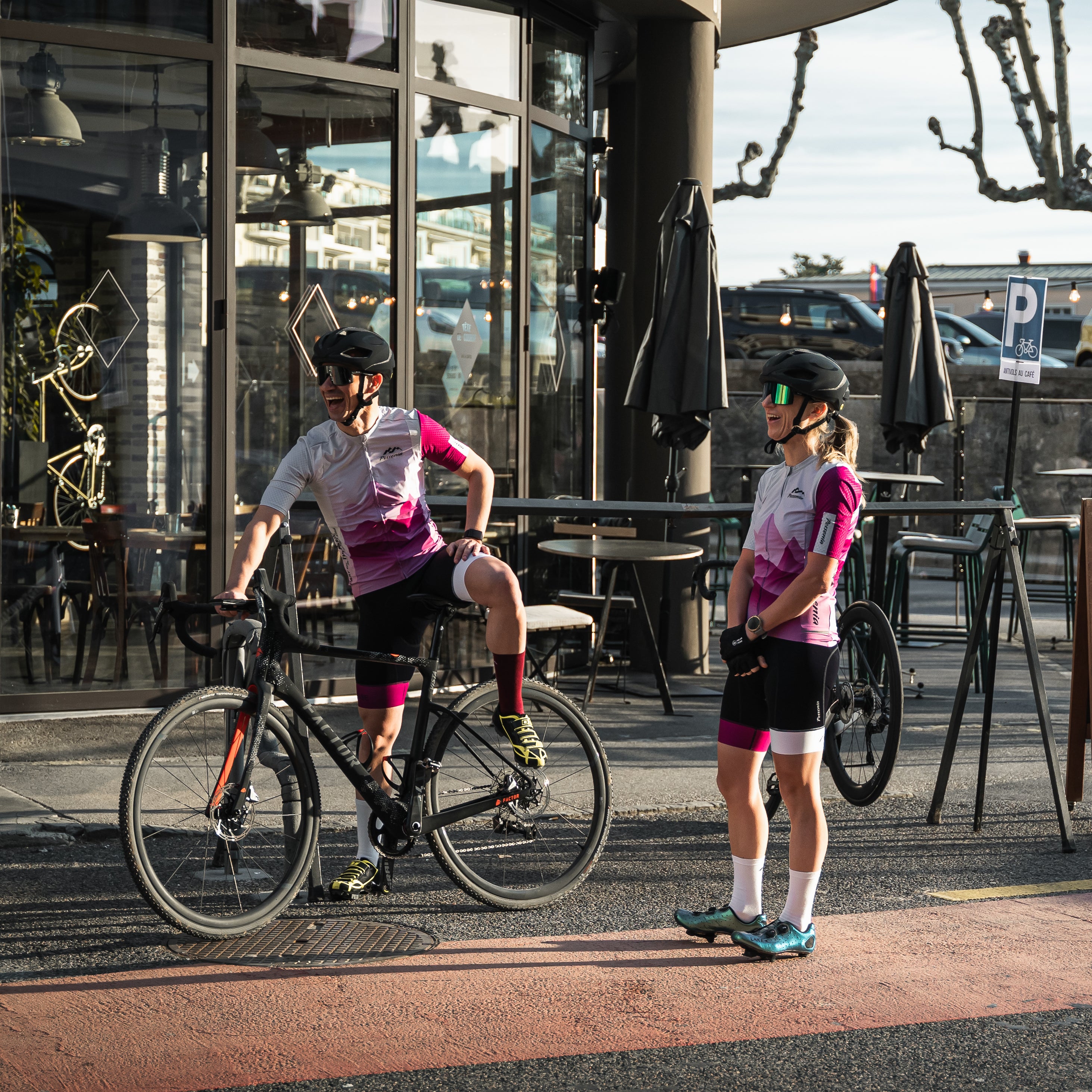

We are closing down
We are so sad to announce that we are closing down. Our online store is no longer open, we are so sorry. For any inquiries or urgent matters, please send us an email at
This store was happily powered by Shopify



We are so sad to announce that we are closing down. Our online store is no longer open, we are so sorry. For any inquiries or urgent matters, please send us an email at